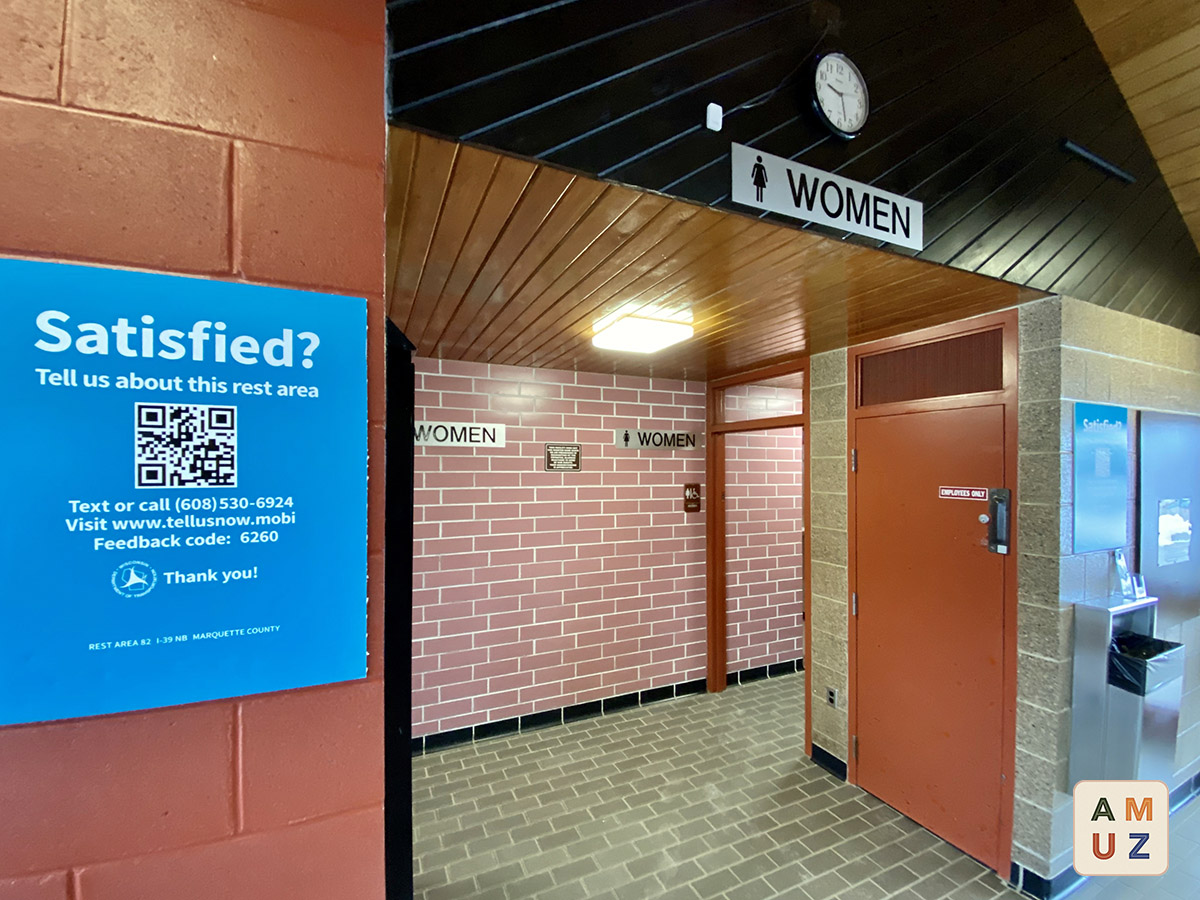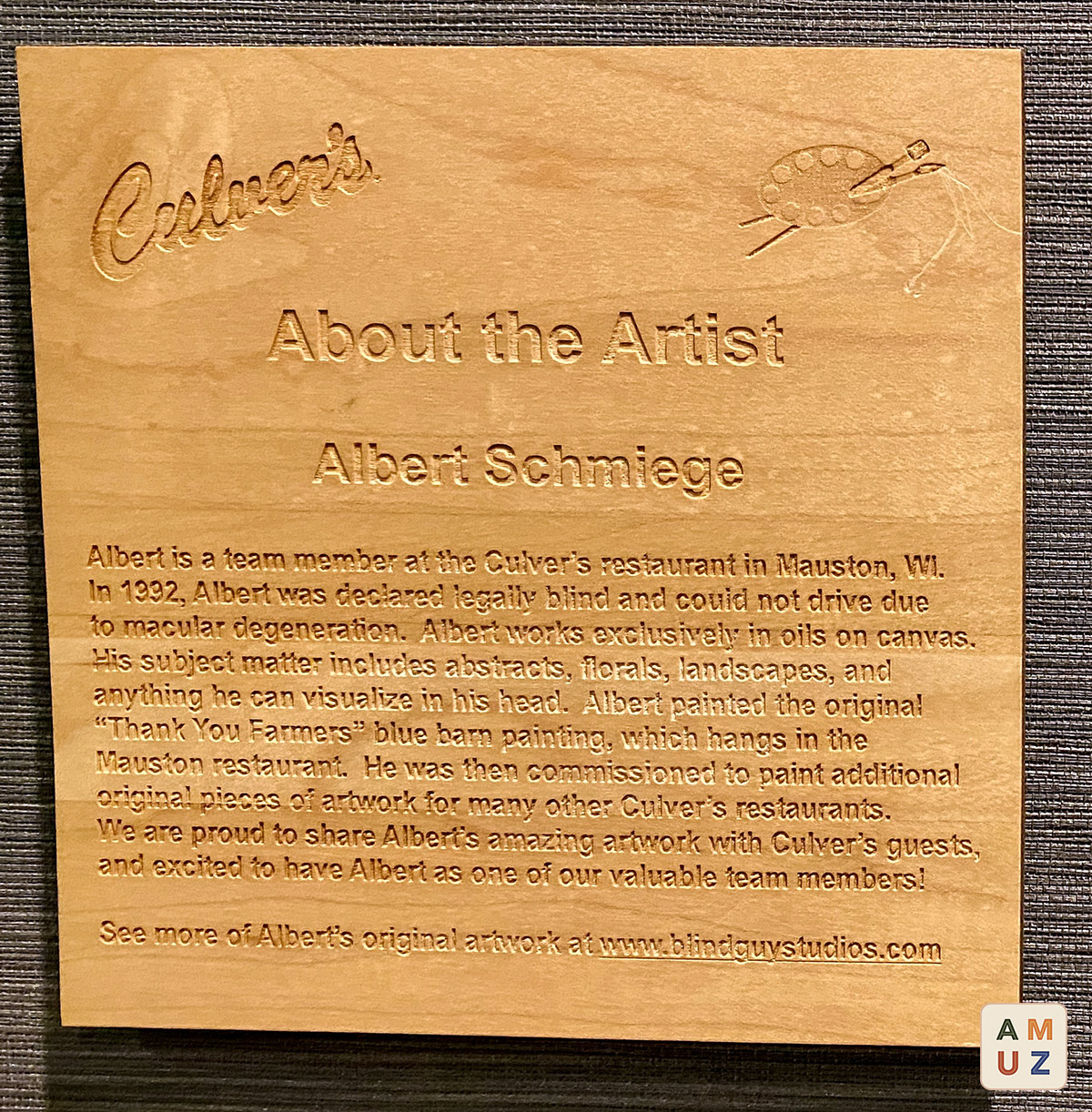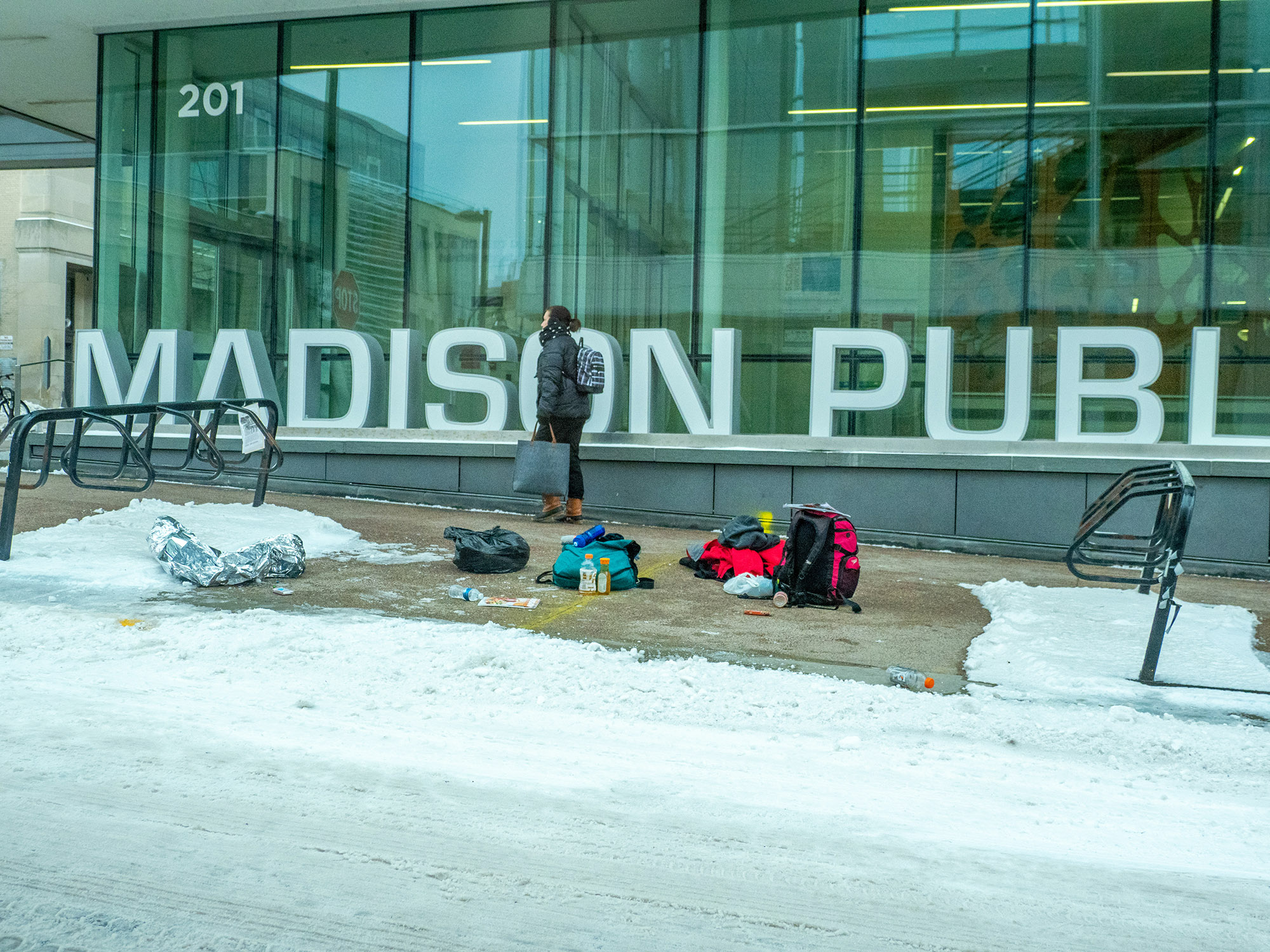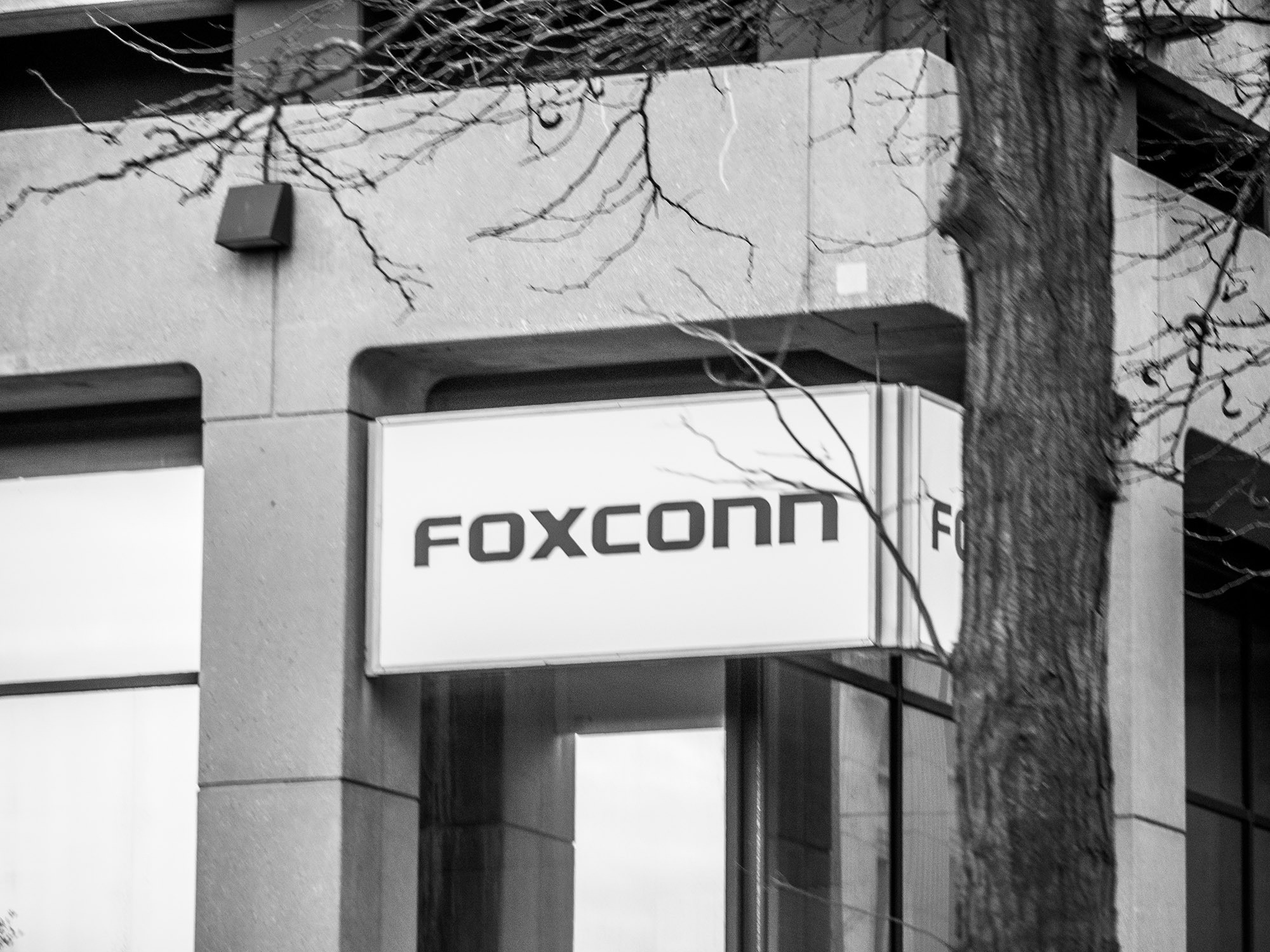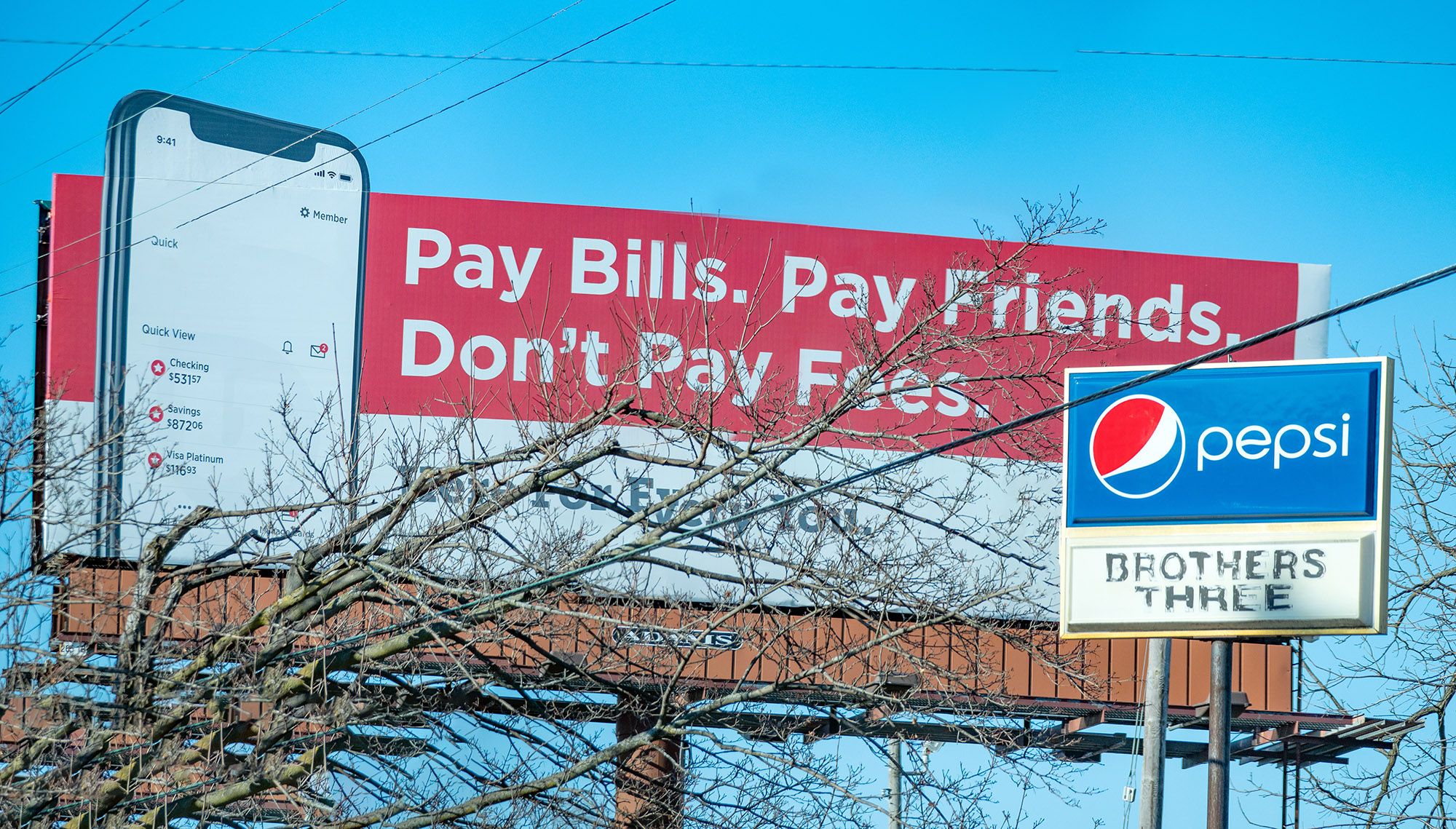Taxpayers have spent more than $38B (!) since 2011 on a backdoor electronic medical record subsidy [1]. Verona based Epic Systems lobbied [2] for these expenditures and has benefited greatly from this federal taxpayer largesse.
Interoperability, that is the ability to move your digital health data anywhere, was one of the arguments for this lavish spending.
However and unfortunately, Epic’s Founder and CEO, Judy Faulkner is now lobbying once again [3], this time to prevent such open movement. Her actions seek to reinforce Epic’s “walled garden” [4], that is creating roadblocks to data leaving their systems.

Curiously, former Wisconsin Governor Tommy Thompson is also advocating Epic’s walled garden position, to the detriment of entrepreneurs everywhere. [5]
Citizens pay for healthcare and therefore vendors such as Epic in many ways, from our local, state and federal taxes to exploding insurance premiums and co-pays.
The ability to move our data opens up many opportunities, including more cost effective services.
[1] $37,920,077,070 in Taxpayer Electronic Medical Record Subsidies: 2009 – January 2018.
[2] Mike Ivey:
Officials at Epic Systems are not commenting on a New York Times report Wednesday that the firm was central in lobbying Congress on a $19 billion “giveaway” (now $37B and growing) to convert all U.S. medical records from paper to computers.
[3] Epic’s CEO is urging hospital customers to oppose rules that would make it easier to share medical info.
[4] Walled garden, or closed platform.
[5] Tommy Thompson HHS’ new health IT rule would hurt Epic and Wisconsin’s economy. Tommy Thompson links: open secrets search
P.S. A few more links on Epic.
Airdrop trumps $40B taxpayer medical record subsidies.
Madison’s property tax base growth and the backdoor electronic medical record subsidy.
2007. Then Governor Jim Doyle’s failed $30M electronic medical record taxpayer subsidy proposal.
Apple and Microsoft representatives are set to join a meeting on Monday promoting patient access to health data.
A Letter to Ms. Judy Faulkner & Mr. Tommy Thompson.
This is what information blocking looks like boots on the ground.
These are the realities people face when they are living with life-altering, life-limiting, absolutely earth-shattering diagnoses.
While patients and their loved ones can’t get the information they need to make educated, empowered decisions about their care, even while actively dying, hospitals, EHR vendors like Epic, as well as MANY other entities, have ludicrously shared and sold the same patient information for commercial purposes, to “improve hospital operations”, for “re$earch”, leveraging the legal loopholes of HIPAA, stating all is legal, this is business as usual. Without needing informed, explicit patient consent. Without any effort dedicated to patient education, public awareness, and transparency under the guise of “Nothing to see here”.
As patients and carepartners, WE WILL NOT STAND FOR THIS A MOMENT LONGER.
Thank you Ms. Judy Faulkner, CEO of EPIC, for your recent letter urging some of the biggest hospital CEO’s and presidents to oppose the proposed rules to improve interoperability and grant patients access to their information. You have made it crystal clear that you are not aligned with the real-world unmet needs and the barriers patient and carepartners face daily. Thank you for illustrating what paternalism looks like in 2020.
Thank you, Mr. Tommy Thompson, former governor of Wisconsin, for your guest column on why the proposed health IT rules would be a detriment to EPIC and Wisconsin’s economy. You have made it crystal clear that the business priorities of Wisconsin are of a greater importance than legal rights and the sanctity and dignity of the lives of all the patients of this great country of the United States of America.
Thank you for helping me refocus. Thank you for helping me answer the questions and address the self-imposed imposter syndrome that can momentarily cloud one’s perception. The answer is: IT IS ALL WORTH IT.
Heather Landi:
“We’ve often looked at interoperability in a narrow view, which is just as a replacement for moving the patient’s chart. Modern computing and APIs offer a vastly richer and more empowering global computing environment. Well-built APIs can do almost anything that your creativity allows,” he said.
Before Rucker took the stage at Health Datapalooza, HHS Secretary Alex Azar also addressed the upcoming interoperability rules and the Trump administration’s commitment to putting “patients in charge of their data” and called out industry stakeholders who are “defending the status quo.” They are protecting a health records system that is “segmented and Balkanized,” he said.
“We have a serious problem—and scare tactics are not going to stop the reforms we need,” Azar said.
Dr. Bharani Padmanabhan:
John Ehrlichman authorized breaking into Dr. Fielding’s office on September 3rd, 1971, to steal Daniel Ellsberg’s medical chart. In those days, medical charts were confidential and access strictly controlled. Any break-in was physical and impossible to miss. Even if the government did steal your private chart, at least you knew about it.
Which is why Nixon’s lawyer, Egil Krogh, went to prison for 4 months for violating Dr. Fielding’s Fourth Amendment right.
One of the many lessons the government learned was that stealing medical charts needed to get easier. This eventually culminated in Executive Order 13335 (69 FR 24059) which ordered that all Americans must have their medical charts in electronic form.
CBS News Epic: How a company you never heard of handle.


